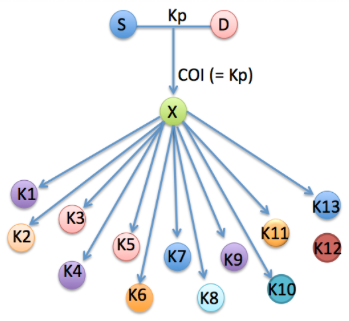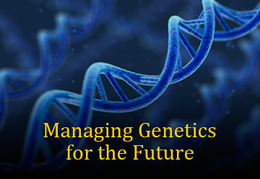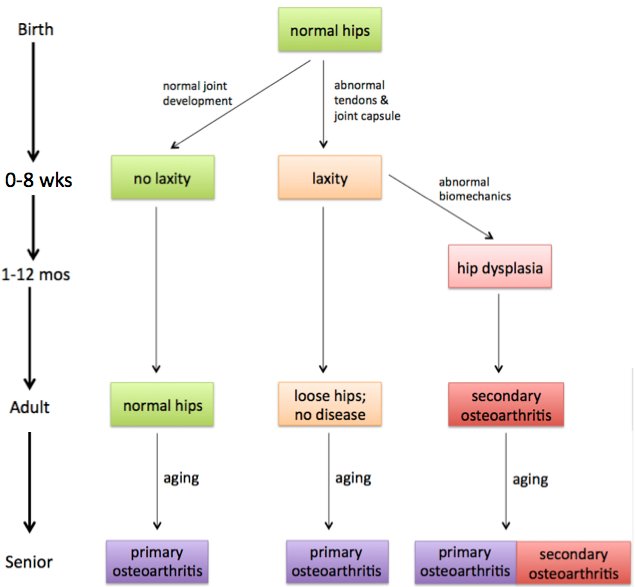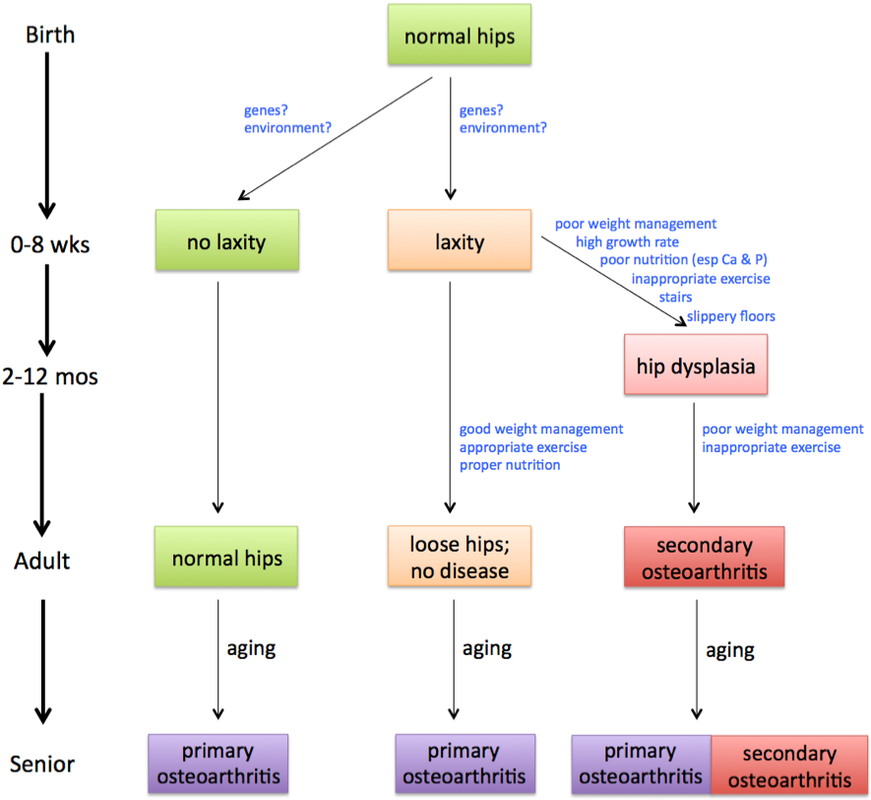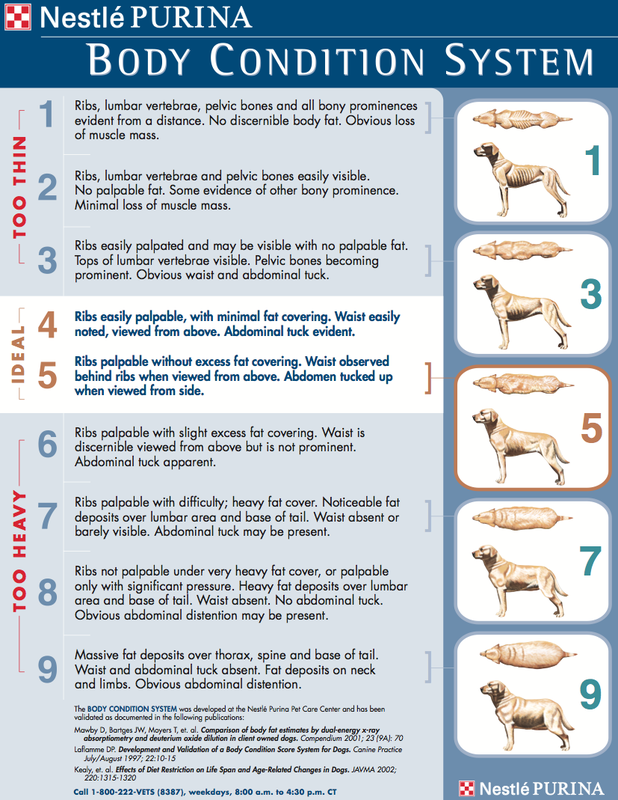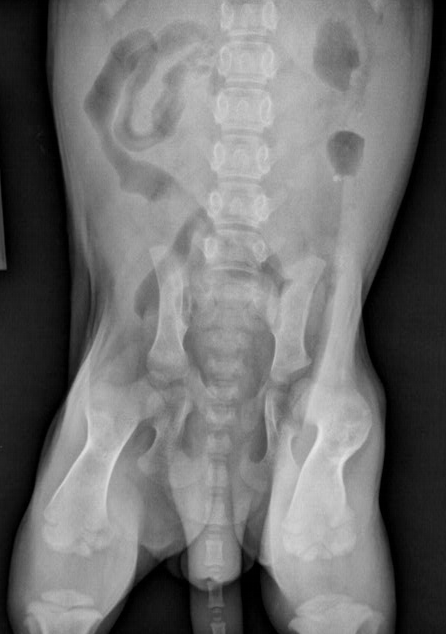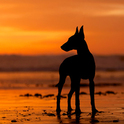In the "good ol' days" probably not, but dogs are in a bit of a bind right now. Decades of breeding in closed gene pools (because of closed stud books) means that our once healthy breeds have lost genetic diversity and concentrated the nasty mutations, with the result that it takes some serious match-making and a wad of cash for DNA tests to produce healthy puppies, and still you could be unlucky. Trying to purge the gene pool of the mutations is doomed to fail, so breeders will need to start breeding in a way that allows mutations to remain in the gene pool without causing trouble. This is something breeders of other domestic animals figured out how to do long ago out of necessity, because if they don't have healthy animals they can't stay in business. But dog breeding has lagged far behind, and we have some catching up to do.
| If you're not sure what you need to know that you don't already, have a look at this paper published this week about the genetics of Bullmastiffs in Australia (Mortlock et al 2016). This might not be your breed, but you should have a look at it anyway, because sooner or later there will be a paper like this for your breed and you're going to need to understand it. Here's what Mortlock and colleagues have to say: "Management and preservation of genomic diversity in dog breeds is a major objective for maintaining health...Concerns about the potential effects of inbreeding and reduced diversity on health and welfare within breeds, has also led to a call for improved genetic management practices. Hence, managing diversity has become a major focus for dog breeders and oversight authorities. National breed clubs are now assessing methods for evaluating genomic diversity to inform breeding decisions and reduce the incidence of disease, while maintaining positive breed traits and diversity." (Mortlock et al 2016) |
My point is that The Future is here. There are more and more papers like this one coming out, which is terrific for dog breeders. This is information you can use to solve genetic problems in your breed and plan breeding strategies that will produce the healthier dogs in the future. If you're a lucky Bullmastiff breeder, you should grab a copy of this paper and sit down with your fellow breeders to absorb the gold mine of information. If this isn't your breed, you will still benefit from reading this because the tools and concepts will be the same for all breeds.
And I'll put in a little plug here, and remind you that ICB teaches courses designed for dog breeders that are a great place to start the next phase of your education as a breeder. (See the info below.)
What was the bottom line for Bullmastiffs?
| Ready to learn? You can learn about effective founders, Hardy-Weinberg, kinship coefficients, and all the rest in the ICB course Managing Genetics for the Future. The next class starts Monday, 1 February. Learn more about the course and sign up HERE. |
ICB's online courses
*******************
Coming up NEXT -
Managing Genetics for the Future
Next class starts
1 February 2016
Sign up now!
***************************************
Visit our Facebook Groups
ICB Institute of Canine Biology
...the latest canine news and research
ICB Breeding for the Future
...the science of dog breeding
